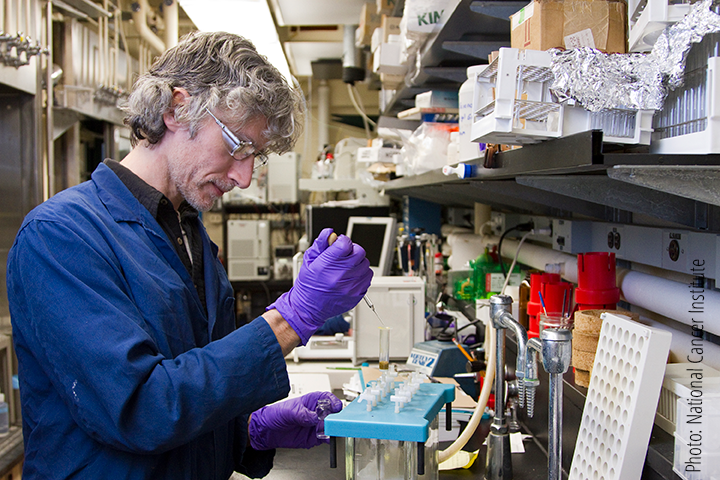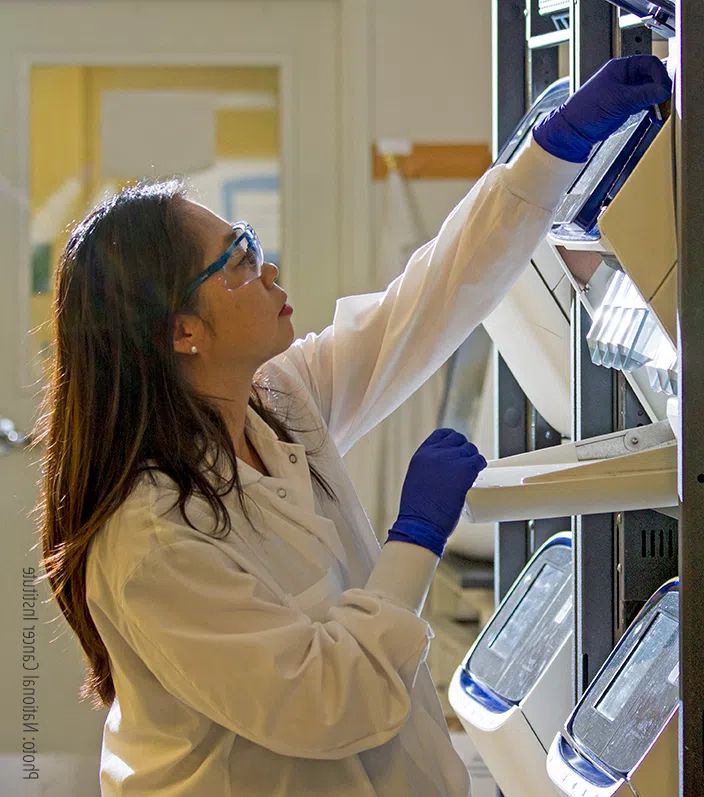Red Blood Cell Deformability in ME/CFS (RBC Biomechanics)
The goal of the project is to develop, characterize, and validate a microfluidic chip for the estimation of biomechanical properties of red blood cells (RBCs) isolated from ME/CFS patients vis-à-vis healthy controls.


